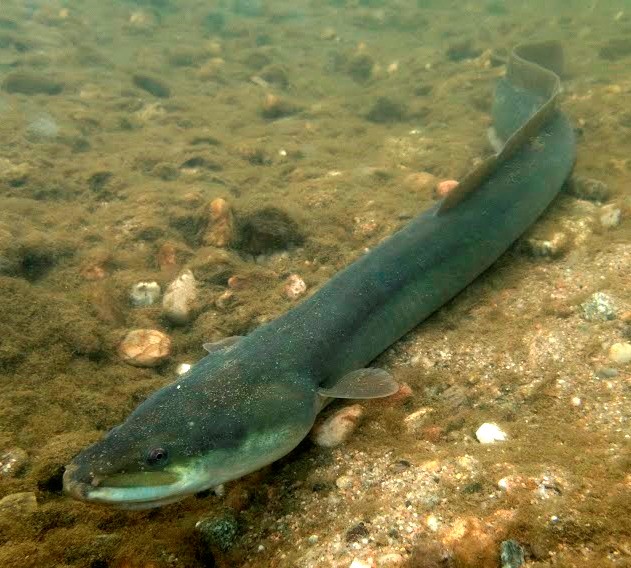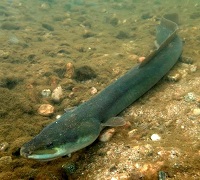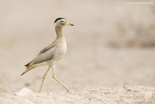Over 300 researchers have supported a manifiesto demanding Spanish and European authorities the complete cessation of European eel exploitation to avoid the extinction of the species. On December 10th and 11th, the European Agriculture and Fisheries Council will establish new limitations for eel fisheries. The scientific advice on the table is, just as it was last year, crystal clear: a complete fishing ban. Zero catch.
The European eel (Anguilla anguilla) was an extraordinarily abundant fish in Europe and Northern Africa. However, around 1980 it went into a collapse-like decline, involving an abundance loss that surpassed 90% and affected all stages in the species complex life-cycle. This enormous reduction in individual numbers, was preceded by equally huge losses of range areas, which in the Iberian Peninsula has been larger than 80% in the last 100 years.
IUCN's Red List, the global reference for the assessment of species' conservation statuses, classifies the European eel as a critically endangered species (CR). This is the most extreme threat category, the last one before extinction. The European eel is in fact more threatened than several species whose poor conservation status is widely acknowledged by the general public, such as the Spanish imperial eagle, the Iberian lynx, the giant panda or the mountain gorilla. However, the eel is still fished, sold and eaten.
Scientific knowledge advises that any exploitation of the eel is currently unsustainable. "The cessation of the commercial activity around the European eel does not ensure its recovery, because several factors were involved in its collapse. But maintaining that exploitation is in itself a guarantee that the recovery will not happen", alerts Miguel Clavero, researcher at the Estación Biológica de Doñana – CSIC.
The coming December 10th and 11th there will be a meeting of the European Agriculture and Fisheries Council, which will fix limitations for different fisheries. In principle, these decisions should rely on the reports provided by the International Council for the Exploration of the Sea (ICES). "In the case of the eel, the council has been ignoring ICES's advice for over 20 years", points the researcher. Since 2000 the recommendation has been establishing a fishing ban or taking catches to a level "as close to zero as possible". But in both 2022 and 2023 ICES has advised a total ban, affecting all sizes, all seasons, all habitats and all aims.
The Spanish Ministry of Agriculture, Fisheries and Food has traditionally pushed to obtain the maximum possible facilities for eel exploitation in European councils. "Spain will have in a few days the opportunity to change positions and opt for saving the European eel from extinction", says Clavero.
The document that is now supported by more than 300 researchers points that the zero-catch target also involves stopping illegal activities (eel trafficking is the largest wildlife crime worldwide) and that it is critical to avoid all types of commercialization of eel products of any kind.
In Spain, the conservation of the European eel is also responsibility of the Ministry for the Ecological Transition and the Demographic Challenge. The available scientific knowledge supports the inclusion of the species in the Spanish Catalogue of Threatened Species, which would involve the banning of its commercial exploitation. The status of the European eel fulfils the criteria established by the same Ministry for that inclusion, and might even lead to the categorization of the eel as a species in critical situation (SC in the Spanish law).
Manifesto and list of signatories: http://www.ebd.csic.es/documents/10184/315629/Avoid+eel+extinction/e8c9ae3d-d0b9-4c9e-b1b7-d7082a4f62d3
http://www.ebd.csic.es/documents/10184/315629/Evitemos+la+extinci%C3%B3n+de+la+anguila/0c46bdb2-1324-414e-a855-5485064e3679



 Over 300 researchers demand the ending of eel exploitation
Over 300 researchers demand the ending of eel exploitation


